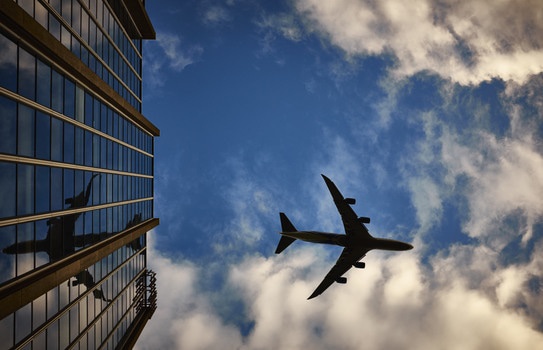
Aviators’ boss ‘confused’ about airline efficiency: the impact of the oil price slide
The rapid slide in oil prices, down 41% since June, has left the aviation industry struggling to defend its continuing high fuel surcharges and continuing reports of record profit. Here is IATA's director general, Tony Tyler, updating his stance on oil prices in light of recent developments.
Interested in this kind of news?
Receive them directly in your inbox. Delivered once a week.
Reuters reported in November 2014: “Lower jet fuel prices, which make up around one-third of the cost base of airlines, would take time to filter through due to hedging strategies, IATA said. ‘And it could even be an indicator of difficulties ahead if the fall is driven by declining demand for oil rather than rising supply capacity,’ Tyler said.”
While in March 2012 he was singing a different tune: “The risk of a worsening Eurozone crisis has been replaced by an equally toxic risk – rising oil prices. Already the damage is being felt with a downgrade in industry profits to $3.0 billion,” Tyler said.
However, for those of us concerned about the climate impact of aviation, there is no confusion – lower oil prices could fatally undermine the drive towards more efficient flying. Two recent reports show that, even when prices were above $100 dollars a barrel, the aviation industry was not able to acheive its own goal of 1.5% fleet efficiency improvement per annum. A report from the German-based Atmosfair found that the efficiency of the world’s largest airlines was around 1% over the past year while a report from the ICCT found that domestic US aviation saw zero net improvement in its efficiency in 2013.
With oil today falling to $66 a barrel, there is a real risk that airline operators will hold off investing on more efficient aircraft and aircraft manufactures will resist investing in a new generation of even more efficient aircraft. Purchasing aircraft, or the R&D for developing more efficient ones, is not cheap and the industry needs certainty that such investments will pay off – wild flucations in oil prices are a barrier to this. We now risk moving further way from the IATA goal of 1.5% efficiency improvement per annum and ICAO’s even more ambitious goal of 2% per annum. While the drop in the price of oil may not last forever, any delay in improving efficiency will further fuel the increase in aviation emissions, which are already predicted to increase by between 60% and 80% by 2026 due to passenger growth of 4% per annum.
ICAO is working to develop a market-based mechanism. However, even if it is approved at its next Assembly in 2016, it will be 2020 before it comes into force. As the climate cannot wait six more years, we need the new European Commission to use 2015 to set out a credible path to reducing aviation emission and adopting measures that will encourage greater efficiency. This should include a revision of the EU ETS for the 25% of Europe’s aviation emissions that are still covered by this scheme since “stop the clock” so that it sends a real price signal to industry. It should also include an amendment of the Energy Taxation Directive so that aviation, like every other transport sector, is subject to fuel duty.
